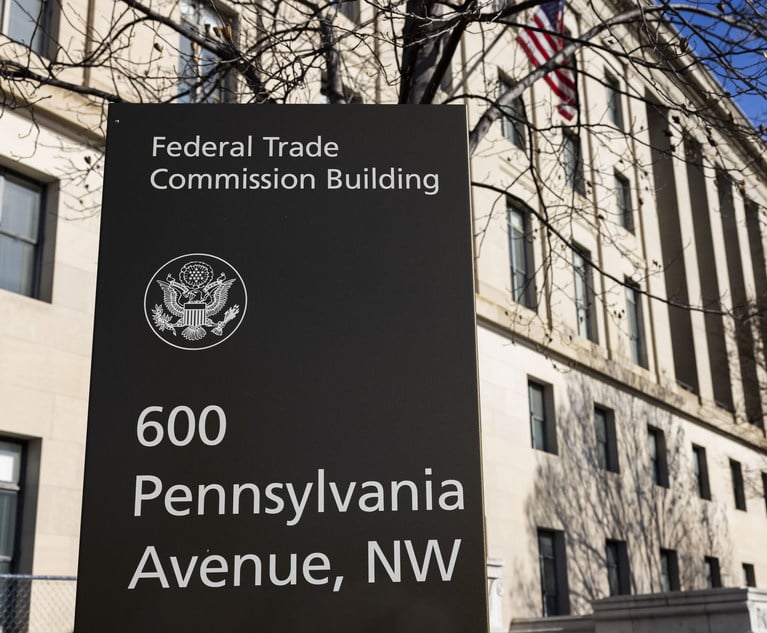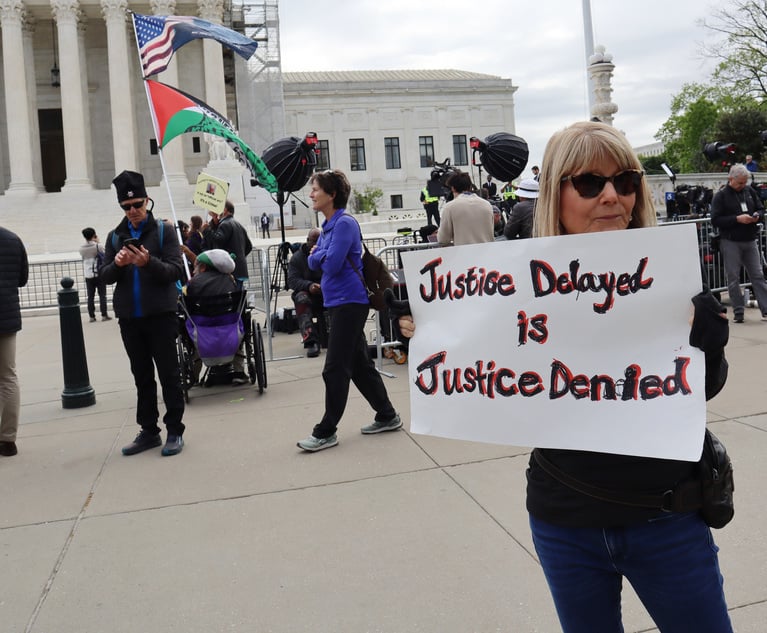Cyber executive fraud scams have been rampant for years. These scams trick an employee into transferring large sums of money into the fraudster’s bank account. In the past, these often involved using a high-level executives hacked email account (or an email appearing to be from them) to request the employee to quickly and secretly transfer money for a “special project” that no one else should know about. They play on an employee’s desire to please the requesting executive and their unique position to quickly do so. It used to be the average value of these were around US$100,000. But they have been steadily growing more sophisticated and costly, often involving the hackers doing a detailed inspection of the executive’s email to identify information to make the request sound more believable (such as to determine current projects, confirm when the executive is likely to be unavailable for a call, and even to be able to craft the email to sound more like the executive).
Recently, the risk grew far greater as it was reported a deep fake videocall showing an AI-generated multi-national company’s CFO and other co-workers were used to convince a HK branch employee to make 15 transfers totaling HK$200M (approximately US$25M) into 5 local HK bank accounts. Reports indicate that the initial email request seemed suspicious to the employee, but then she was invited to a videochat, purportedly over a common personal communications app where the deep fake of the CFO, and apparently or other employees, were used to instruct her to make the transfers. The deep fakes were apparently AI-generated videos created from past videochat recordings obtained from the individuals. From the reports, the deepfakes were more like a recording and would not be able to interact and respond to questions, and may have had somewhat limited head movement. It would appear that at least one of the hackers was a live participant orchestrating things so, after allowing the HK employee to introduce herself, the deepfake images informed her to make the transfers. It was only after the 15 transfers were made that the employee contacted their UK headquarters, only to be informed there was no such instruction.

 Credit: VectorMine/Adobe Stock
Credit: VectorMine/Adobe Stock







